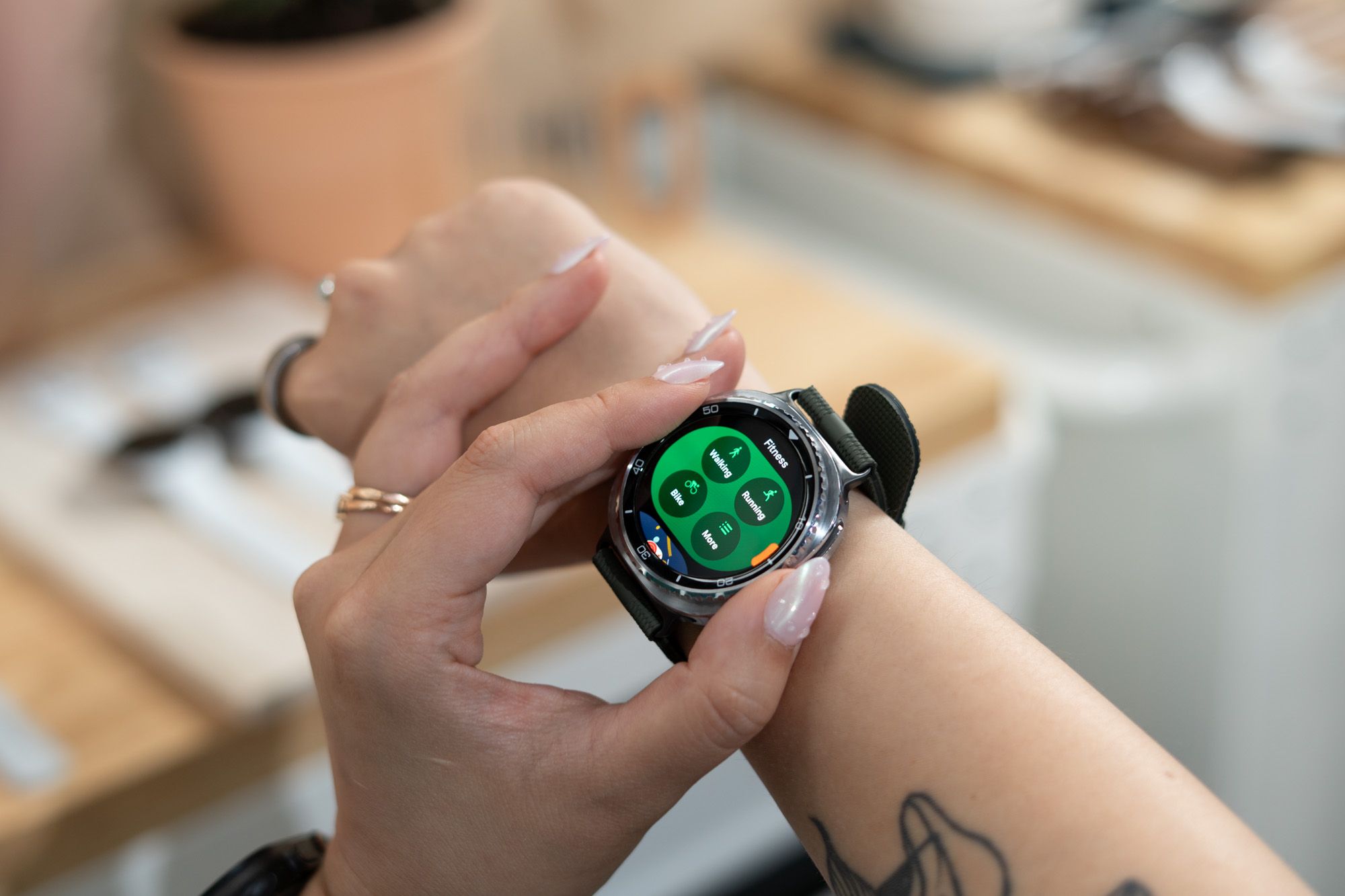Apple is quietly preparing to break down one of its biggest ecosystem walls. The latest iOS 26.1 beta contains hidden code for "notification forwarding" that would let iPhone users send notifications to third-party smartwatches - a seismic shift driven by European regulators demanding better device interoperability.
Apple just took its first concrete step toward dismantling the walled garden that's defined the iPhone experience for nearly two decades. Code discovered in the iOS 26.1 beta reveals a "notification forwarding" system that could finally let iPhone users receive their notifications on Samsung Galaxy Watches, Fitbits, and other non-Apple wearables.
The discovery comes courtesy of Macworld's beta analysis, which uncovered references to notification forwarding alongside a new "AccessoryExtension" framework designed to improve device pairing. The framework suggests Apple isn't just grudgingly opening a door - it's building proper infrastructure for cross-platform compatibility.
But there's a catch that reflects Apple's cautious approach to ecosystem changes. The code indicates users would only be able to forward notifications to one device at a time, maintaining some level of control over the experience. It's a classic Apple move - comply with regulations while preserving some exclusivity.
This development directly stems from pressure from European regulators, who've been forcing Apple's hand through the Digital Markets Act. The EU ordered Apple earlier this year to make iPhones work better with non-Apple accessories, targeting the company's practice of keeping its devices locked to its own ecosystem.
The DMA requires Apple to give developers and device manufacturers access to specific iPhone features that enable easier pairing, data transfer, and notification display between iPhones and third-party devices. We're talking smartwatches, headphones, speakers - basically any accessory that currently works better with Android than iPhone.
Apple has until December 31st to implement most of these interoperability features, creating a tight timeline for what amounts to a fundamental shift in how the iPhone ecosystem operates. The company's been publicly resistant to these changes, arguing they could compromise security and user experience - the same arguments it's made against sideloading and alternative app stores.











